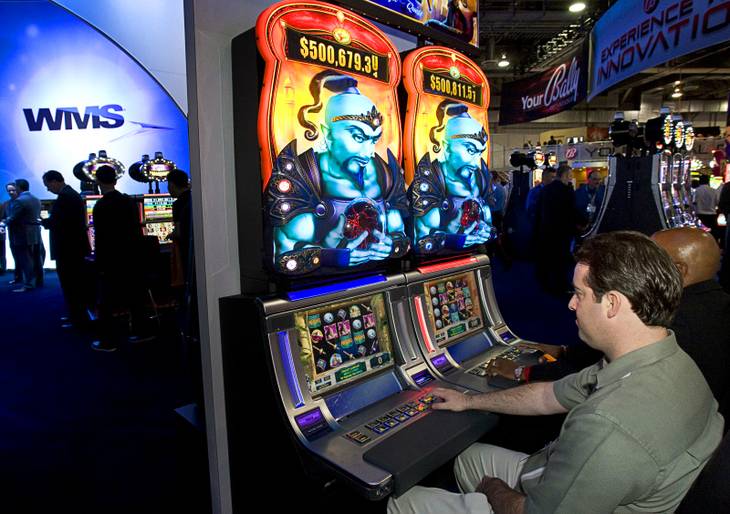Sun coverage
For people who play slot machines, time is more important than money.
Instead of focusing on hitting a big jackpot, they spin the reels to relieve stress, entertain themselves or kill time.
That’s according to a new study from Oregon State University.
The results are important because they help gaming executives understand — and market to — the slot players who provide the most profit to casinos.
“Casinos can cater to different types of gamblers,” said Sandy Chen, an assistant professor of hospitality management at Oregon State University-Cascades and one of the study’s authors. “Instead of having a long line of slot machines, for example, they can be arranged in a circle to maximize socialization for those who are motivated by that aspect. Socialization may be a major reason for people to continue going to casinos instead of choosing online gambling options."
About three-quarters of casino revenue comes from slot play. Between 70 percent and 90 percent of American gamblers say they prefer to play slot machines rather than table games.
Additionally, more than 60 percent of slot players say they'd rather win small, frequent payouts than large, sporadic jackpots. Only 33 percent of gamblers surveyed said they prefer progressive machines, which tend to offer the biggest jackpots.
Chen said slot players typically aren't in a lower-income bracket and looking for big wins. Rather, they are more affluent and seeking entertainment.
Players most likely to be found at slots are women ages 55 to 60 who are homeowners with some college education and a household income of more than $55,000.
Chen said her study showed that women tend to play slots for the experience while men hope to make money.
“Women are more into functional motives — the social experience, the excitement and the fun," Chen said.
Slot players typically fall into four groups: bored people looking for something to do, players seeking a buzz, people who want to have fun and people looking to relieve stress. The last group, the “relaxation gamblers,” tends to be the most educated and affluent. Those players make up the majority of gamblers in the United States, according to surveys by slot manufacturers.
As for specific games, almost three-quarters of progressive players said their favorite game is "Wheel of Fortune." "Jacks or Better" was by far the most popular video poker game.
Relatively unpopular — contrary to information reported by manufacturers — are slot machines with complex story lines and colorful characters. Fewer than 1 in 5 players sought those types of games, Chen said.
Co-authors of the study included Stowe Shoemaker and Dina Zemke, from the Harrah College of Hotel Administration at UNLV.

